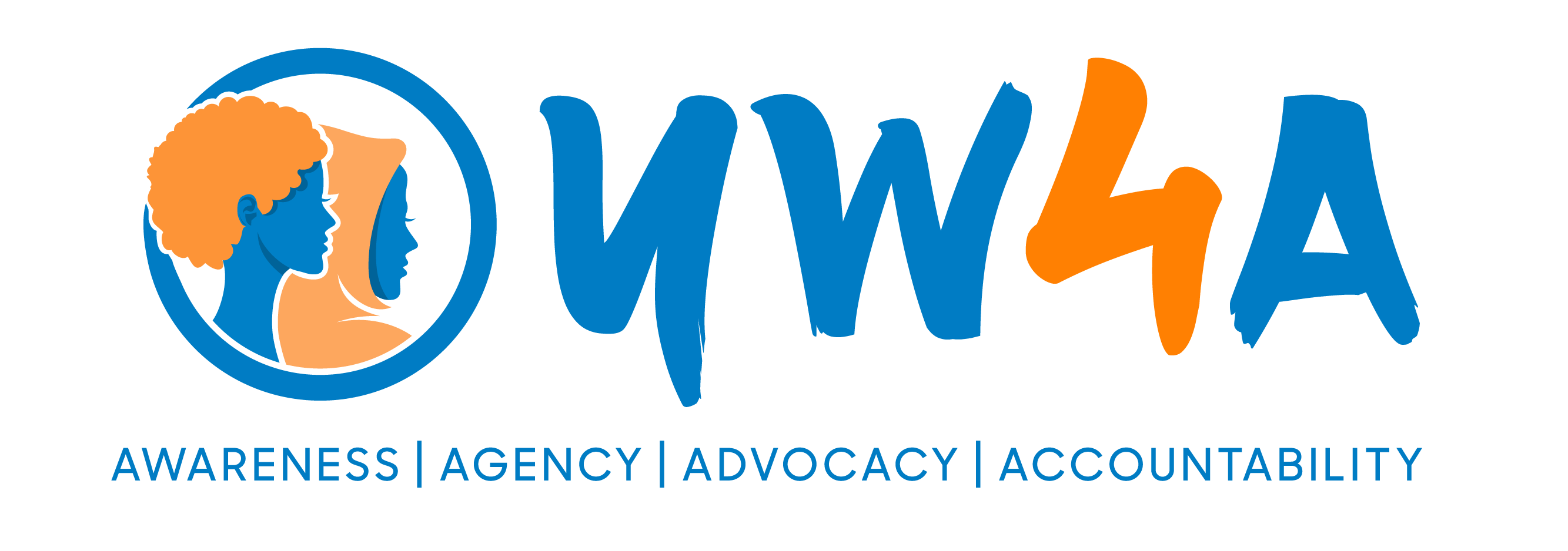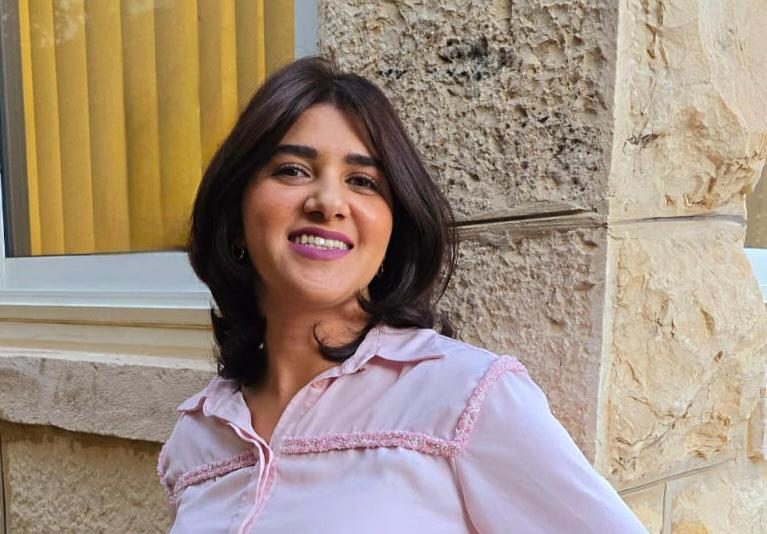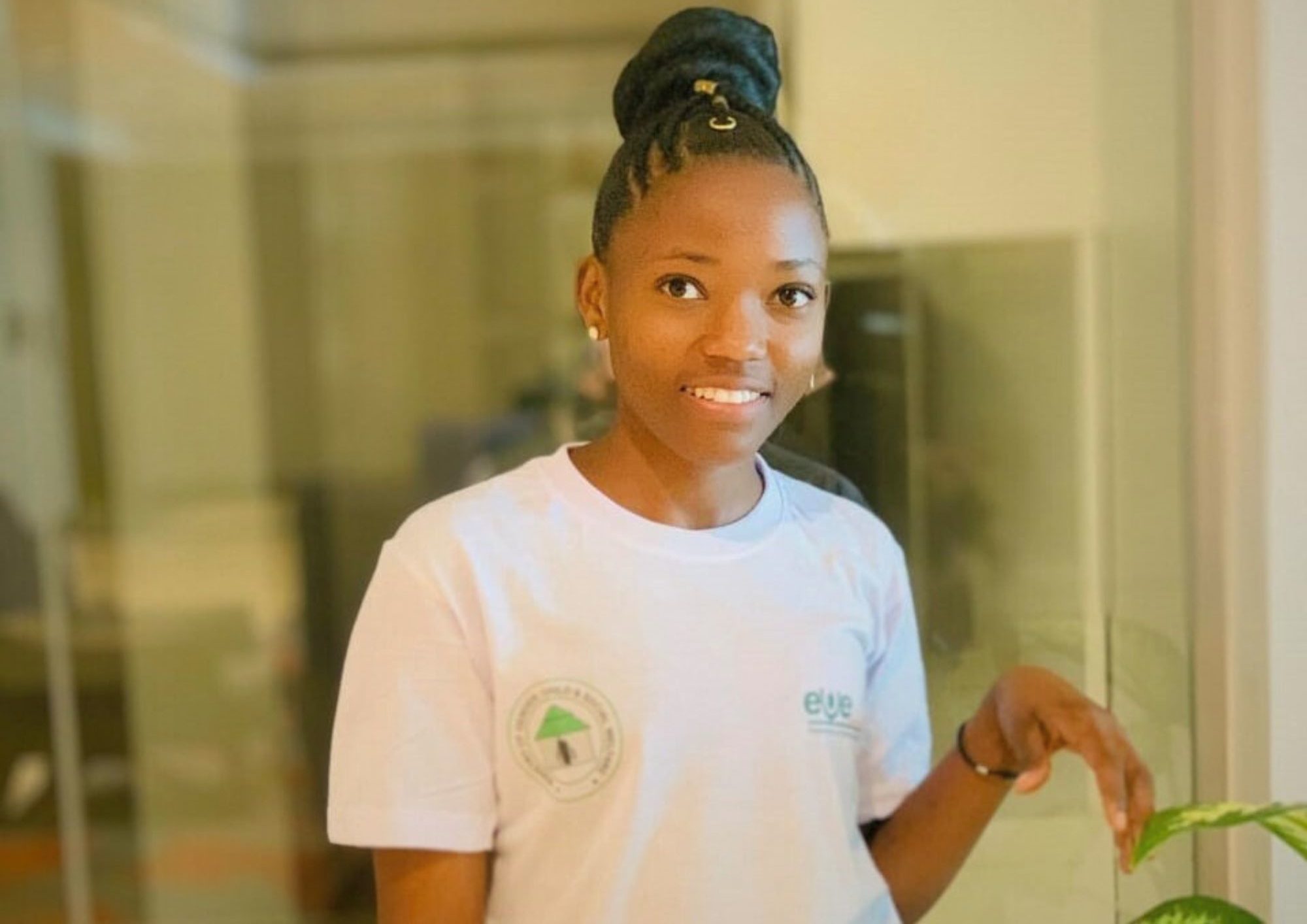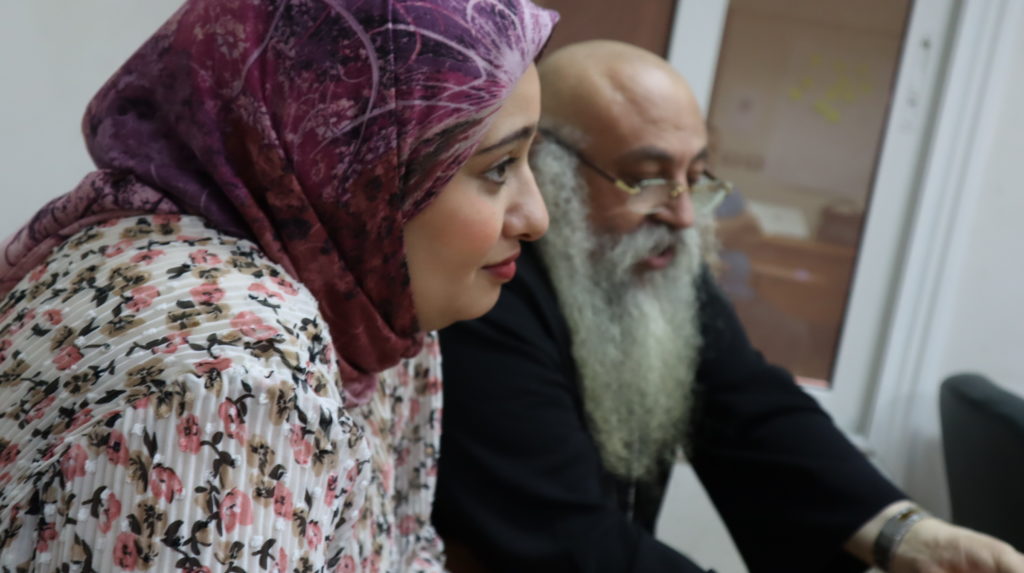
Young men in Egypt continue to have skewed perceptions of gender roles, many of which are shaped by religious teachings and interpretations of the Bible.
Roushdy & Sieverding (2015) in a survey of young people in Egypt, found that some young men feel that they are entitled to rule the home merely because of their gender, while others believe that educating boys is more crucial than educating girls. The study also found that Egypt has a high tolerance for sexual harassment, with many young men feeling that women and girls who are harassed deserve it if they are dressed provocatively.
Another study conducted under the YW4A programme, which assessed the extent to which faith-based organizations (FBOs) have incorporated gender equality into their legal instruments, policies, teachings, and decision-making structures had a similar conclusion. The study revealed several negative societal norms and behaviors associated with sexual based violence (SGBV) that are frequently promoted by family members such as parents and grandmothers. Such include adolescent and child marriage, female genital mutilation (FGM), and coerced school dropouts for girls.
In response to these barriers, the YW4A programme is rolling out the Promotion of Positive Masculinities to shift community actors’ and FBOs’ norms and practices toward promoting young women’s rights to dignity, bodily integrity, and equal participation in decision making.

Masculinities are social constructs shaped by social institutions that relate to perceived notions shared by both men and women about how “real” men behave and, more importantly, how men are expected to behave in specific settings to be considered “real men.”
In Egypt, the Promoting Positive Masculinities approach is lead by the YW4A consortium faith partner, the Faith to Action Network in collaboration with Ibrahimia Media Centre (IMC).
Using the approach, Faith to Action Network and IMC have conducted peer to peer community dialogues and trainings with women, young women, men, young men and faith leaders to ensure that men and young men practice positive masculinities secure women’s rights.
Women, young women, men, young men and faith leaders have shared the various perspectives they have gained since participating in the community dialogues and trainings. In a training held on 8th March to 11th of March 2023 in Alexandria, to mark International Women’s Day, the participants shared many inspiring success stories.
Reverend Sameh Philip Abel, a Servant of the Rock Center at the Evangelical Church, shared that he thought he was living right in his house with his wife, sister and women in his community, but discovered that he still had a lot to learn about how to co-exist respectfully. He reflected that by participating in the training and the community dialogues, he gained requisite tools to improve this co-existence.
He remarked,
As an influential person in the church, I have to adopt and change the societal norms that exist within the church. Also, through the knowledge I have gained, I will be able to challenge societal norms in society, promote positive masculinities, and prevent gender-based violence
Furthermore, young women stated that by participating in the training, they have gained new perspectives on various Bible verses and how those verses reflect on their relationships with the men in their lives.
Ms. Reneh Ashraf Maqar, a youth servant at Saint Mina Church in the Coptic Orthodox Church, shared her sentiments about these verses:
Wives, submit yourselves to your own husbands as you do to the Lord. For the husband is the head of the wife as Christ is the head of the church, his body, of which he is the Savior. Now as the church submits to Christ, so also wives should submit to their husbands in everything.
(Ephesians 5:22-24)
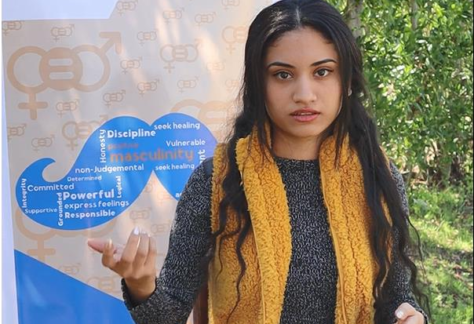
She said that she never understood the verse as she thought that Verse 22 implied that men were superior to women, thus women are their possession. However the training illuminated her understanding that the verse meant that women should submit to their spouses in a loving manner, and not that men should oppress them.
Ms. Maqar added that it became clear that Verses 23-24 do not imply that women are inferior, rather that men and women should coexist peacefully as the body and the head cannot be separated.
Father Elia Kamal, a priest at the Coptic Orthodox Church of Saint Mina, evaluated the training as beneficial. He remarked that he gained an understanding of the distinction between the concepts of sex and gender.
Through the training, I have learnt that gender means the roles and patterns that society ascribes to male and female and sex is specific to the biological nature of a human being.
Through the training, he also recognizes that he has a responsibility to report any form of gender-based or sexual abuse that occurs in his community, a responsibility that not just falls on the survivor of violence but also on society at large.
The success stories mentioned above are just a few of the ones we’ve had in Egypt, and the trainings will keep changing people one at a time. The positive masculinities training and approach is implemented as part of the YW4A Initiative.
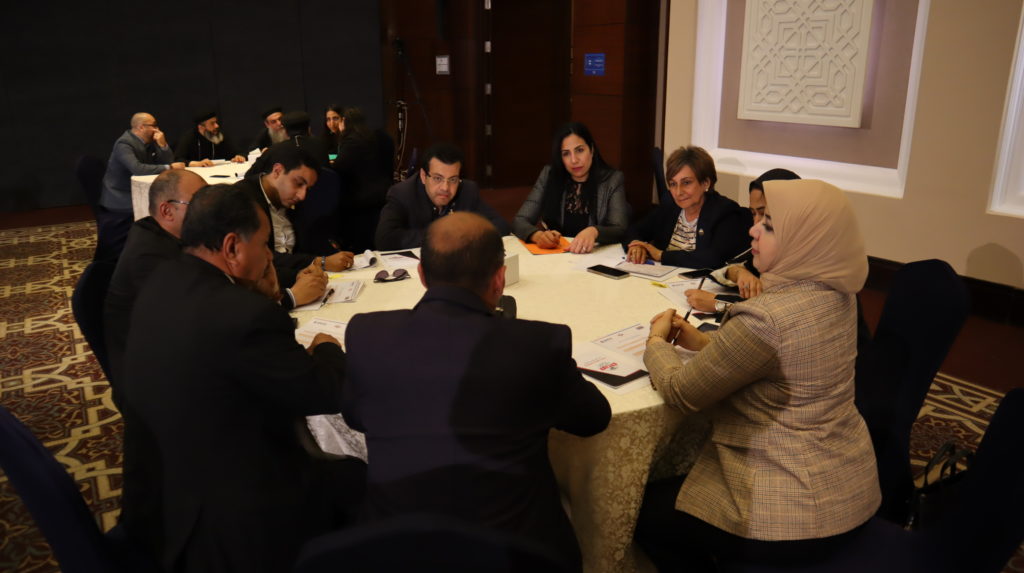
The Initiative is working with Tearfund and partners in Egypt, Kenya, Palestine and South Sudan, to promote young women’s rights to dignity, bodily integrity, and equal involvement in decision-making by working to change social norms and behaviors by community actors and religious organizations.
